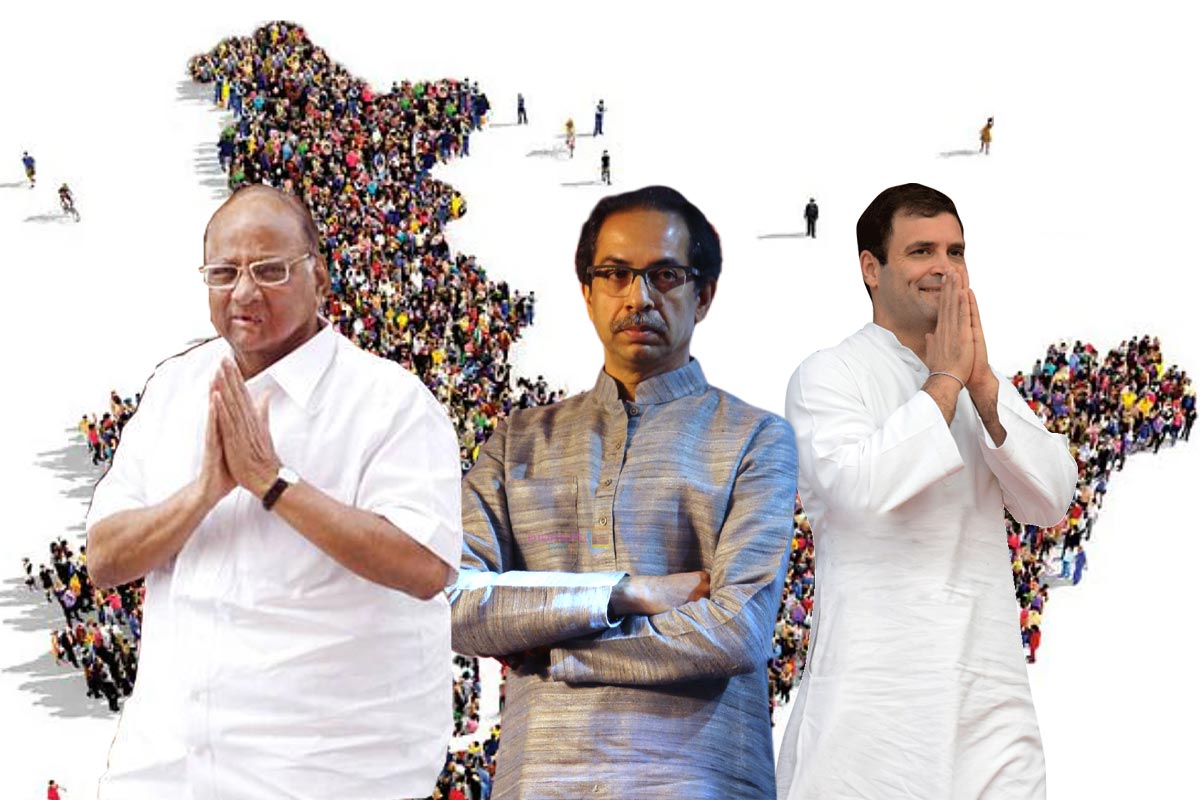Another baseless allegation. Another judicial slap. Has Congress forgotten what credibility means?
By now, it has become a ritual. The Congress makes wild allegations, the judiciary exposes the lie, and Rahul Gandhi—still clutching the fading torch of dynastic entitlement—moves on to the next conspiracy theory.
The latest embarrassment for the party came from the Bombay High Court, which shredded a laughably baseless petition challenging the results of the Maharashtra Assembly elections held in November 2024.
This time, the plea filed by one Chetan Ahire and argued by none other than Prakash Ambedkar, grandson of B.R. Ambedkar, claimed that a whopping 76 lakh votes were cast after the official 6 pm polling deadline, thereby influencing the outcome in 90 constituencies. That’s not just a stretch—it’s delusional.
The Division Bench of Justices G.S. Kulkarni and Arif S. Doctor had little patience for this charade. “We have no manner of doubt that this writ petition needs to be summarily rejected,” the court declared. Though it refrained from slapping costs on the petitioner, it made it abundantly clear that the case had wasted the court’s time and attention.
The judges were forced to shelve their urgent docket for a full day just to entertain what they rightly called a farce. Let’s be clear: voting after 6 pm is not illegal. It is, in fact, standard practice in Indian elections. As long as a voter is in the queue before closing time, they are legally entitled to vote—even if that means polling continues into the evening.

The Election Commission, a constitutional authority that has overseen decades of elections across the country, confirmed that such late voting is common and well-documented. To twist this into a theory of mass fraud is not only dishonest but deeply insulting to the lakhs of polling officials and volunteers who ensure free and fair elections.
But logic and evidence rarely deter the Congress ecosystem. The party, still smarting from its electoral irrelevance in multiple states, continues to indulge in conspiracy-mongering, especially when the results don’t go its way.
Ironically, EC data indicates that newly added voters—the very ones they now suggest were “bogus”—benefited the Congress in several constituencies. So, if anything, these so-called “late votes” may have helped them win, not lose.
The court wasn’t amused. It was observed that no concrete evidence was provided to support the wild allegations. “There is not an iota of material… that there is a difference between the votes that were cast and the polled votes,” said the EC counsel.

The petition was based on vague assertions, speculative arguments, and even unverified newspaper reports. The court rightly noted that Article 226 cannot be invoked merely to air political grievances or prop up losing narratives.
It bears repeating: the Supreme Court has upheld the legality and transparency of Electronic Voting Machines (EVMs). Yet, the Congress and its echo chamber persist in demanding a return to paper ballots, as if that’s a panacea for their shrinking voter base.
This isn’t about electoral integrity. It’s about manufacturing a post-facto excuse for repeated defeats. The bigger tragedy here is that the Congress, once the natural party of governance, has now reduced itself to a factory of baseless insinuations.
Its leadership refuses to engage with voters on substantive issues and instead chooses to sling mud at democratic institutions—from the EC to the judiciary—every time it loses. This strategy isn’t just futile; it’s corrosive. It chips away at the very legitimacy of democratic processes, which the Congress claims to defend.
India needs a strong opposition. What it does not need is a party addicted to victimhood, detached from ground realities, and contemptuous of institutions that refuse to validate its delusions. The Bombay High Court has done the country a service by calling out this desperate attempt to delegitimise the electoral process.
It’s time for Congress to learn the difference between opposition and obstruction, and between dissent and deceit.





